California to Allow Companies to Charge for Rides in Autonomous Cars
【Summary】The California Public Utilities Commission (CPUC) recently announced that autonomous ride-hailing companies would be able to charge consumers to use their driverless vehicles.
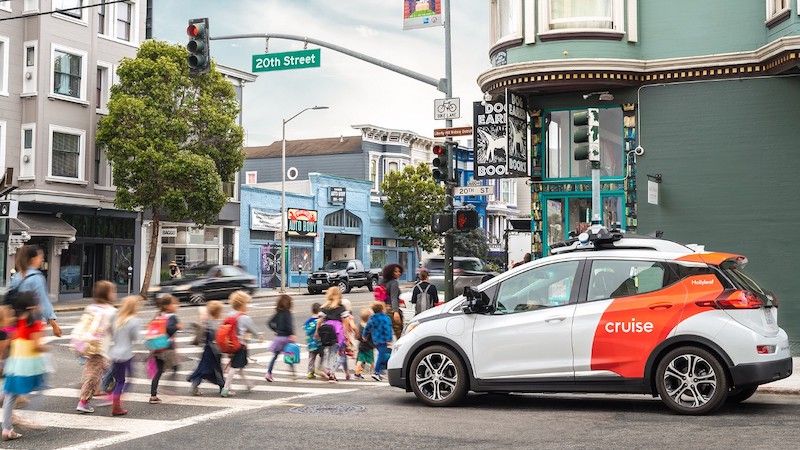
California is seen as the central hub for autonomous-vehicle testing. Nearly every company looking into autonomous cars has a fleet of vehicles operating in the state. Up until now, the state has not allowed companies testing driverless vehicles to make any money from their services. Instead, companies have had to use their fleets as a way to gather data. That changed earlier this month when the California Public Utilities Commission (UPUC) approved two programs in the state that would allow companies to charge fares for consumers getting a ride in a self-driving vehicle.
Two New Programs Are Available
As The Verge points out, the CPUC creates regulations for driverless vehicles in fleet services. The organization has been working on introducing new rules for autonomous cars for a few years now, but finally fulfills its promise with these new programs. The Drivered Autonomous Vehicle Deployment Program and the Driverless Autonomous Vehicle Deployment Program will "allow participants to offer passenger service, shared rides, and accept monetary compensation for rides in autonomous vehicles," said the CPUC in a statement.
California hopes the new programs will continue to help the state be the go-to location for autonomous-vehicle testing. CPUC Commissioner Genevieve Shiroma claimed that the programs are "important steps to support our study of how autonomous vehicle fleets can be leveraged to support the grid as a demand side management resource, dovetailing on our efforts to incorporate transportation into the electric sector."
In order to be able to take advantage of the new programs, companies will have to obtain a charter-party carrier Class P permit or a Class A charter-party certificate in the Dirvered AV Passenger Service pilot program, claims the outlet. Additionally, an AV testing permit from California's DMV is also required. The process to obtain the proper certificates will take months, so don't expect to be charged for rides anytime soon.
Other Mandatory Requirements
In addition to getting the necessary permits, companies will also be required to submit data on trips made in autonomous vehicles on a quarterly basis. Riders will retain their sense of anonymity and exact information on pick-up and drop-off locations won't include any personal information on riders. Companies are also expected to provide data on fuel type and electric charging details, availability and volume of wheelchair-accessible rides, vehicle miles traveled, and service levels to "disadvantaged" communities.
A passenger safety plan is also a requirement for companies that hold permits and will need to outline how they will minimize risk to passengers. As one would expect with everything going on with the pandemic, companies will need to have COVID-19 emergency plans that will need to show how they'll prevent the spread of the virus when passengers are in the vehicle.
Currently, there are roughly 60 companies that have a permit to test driverless vehicles with a safety driver in California. Five companies, which include AutoX, Waymo, Cruise, Zoox, and Nuro, have the necessary permit that allows them to test fully autonomous vehicles without a human safety driver behind the wheel.
While California is just letting companies charge for rides in autonomous vehicles, Waymo One is giving around 1,000 to 2,000 rides a week in Arizona. Aptiv, Lyft, and Motional have been giving riders rides in Las Vegas for the past few years. Both self-driving services require payment from riders.
-

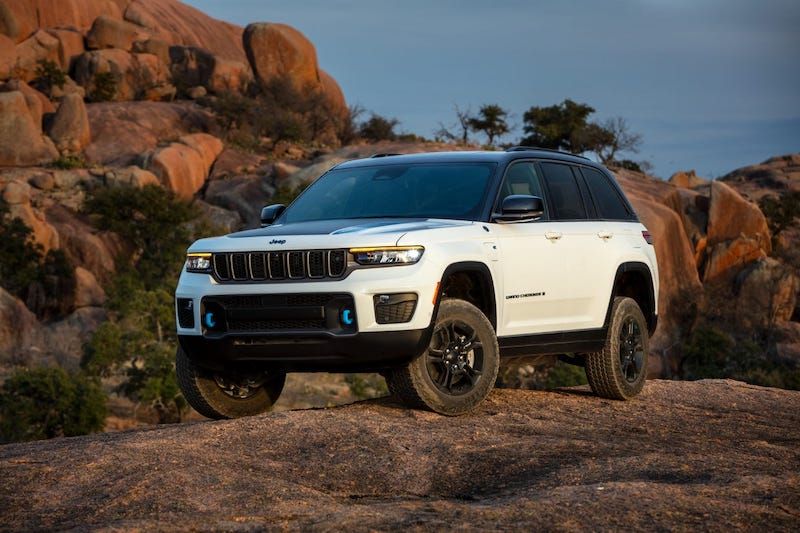
2023 Jeep Grand Cherokee Trailhawk Now PHEV Only
-

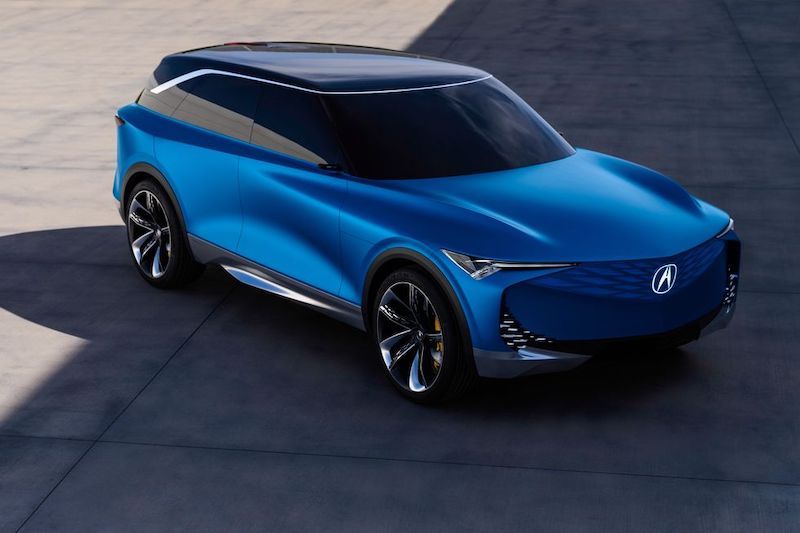
Acura Prevision EV Concept Previews Brand’s Electric Future
-


Hyundai Gets Serious About Electric Performance Cars, Shows off Two Concepts
-

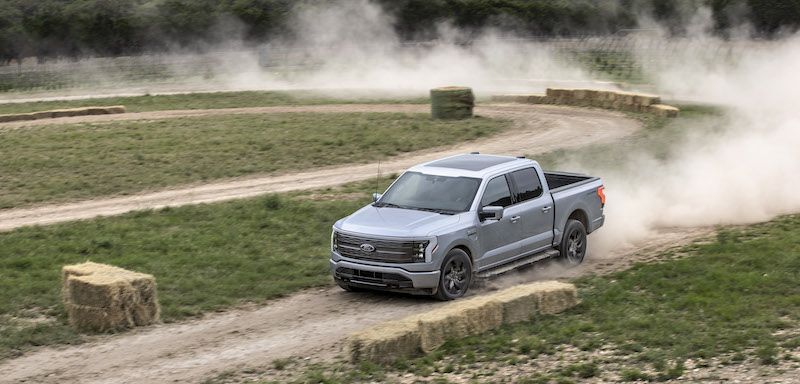
Ford Looks to Have 100% of EV Sales Be Online
-

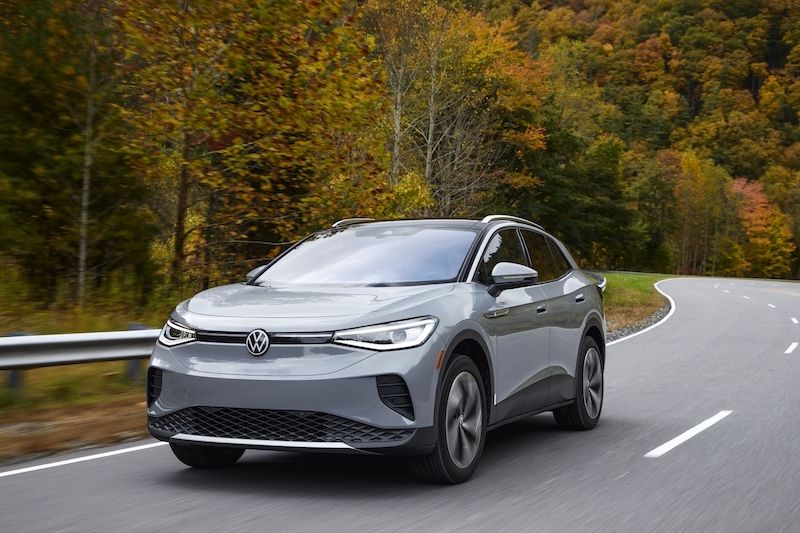
Volkswagen CEO Believes It Will Overtake Tesla in EV Sales by 2025
-

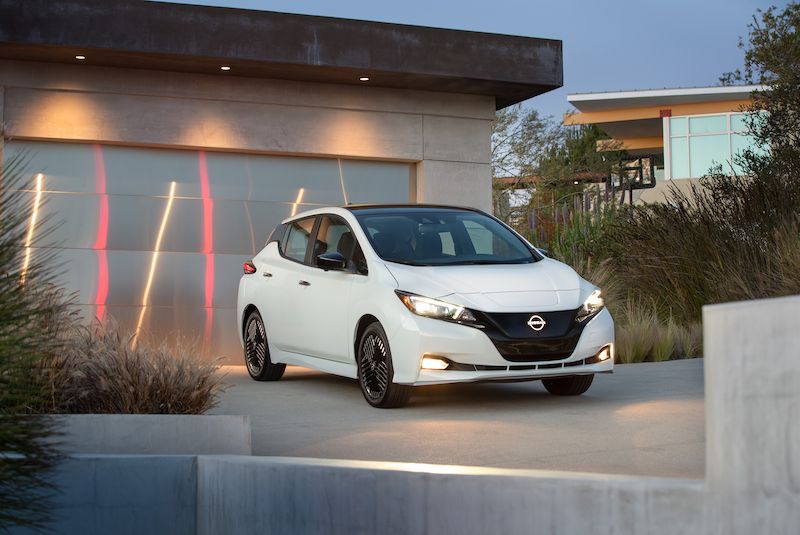
Report Claims Nissan Leaf Will Be Discontinued by 2025
-


Autonomous Vehicles Will Require Cities to Change Their Transportation Methods
-

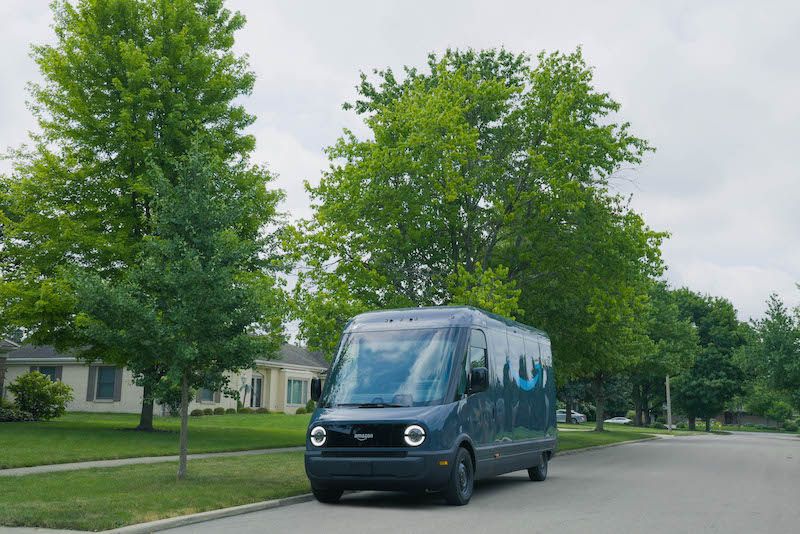
Rivian, Mercedes-Benz Partner to Produce Electric Commercial Vans
- Urban Air Mobility Company Backed by Electric Automaker XPeng Inc Begins Trail Production of its Voyager X2 ‘Flying Car’
- Ford Motor Co Selects its Plant in Spain to Build 'Breakthrough' EVs for the European Market on a Next-Gen Architecture
- Ford Looks to Have 100% of EV Sales Be Online
- Construction of Panasonic’s New EV Battery Factory in Kansas to Start in November
- Ralph Nader Calls for NHTSA to Remove Tesla Full Self-Driving
- Hyundai Gets Serious About Electric Performance Cars, Shows off Two Concepts
- Audi Rebrands its Premium Car Rental Service to ‘Audi on demand’
- Volkswagen Starts Production of the Electric ID.4 SUV in Tennessee, Presents New Competition for Tesla, GM and Ford
- Tesla Rival XPeng and Alibaba Cloud Set Up China’s Largest Cloud-Based Computing Center to Train Machine Learning Models for Autonomous Driving
- EV Charging Provider Electrify America Raises $450 Million, Siemens to Become a Minority Shareholder











 About Us
About Us Contact Us
Contact Us Careers
Careers